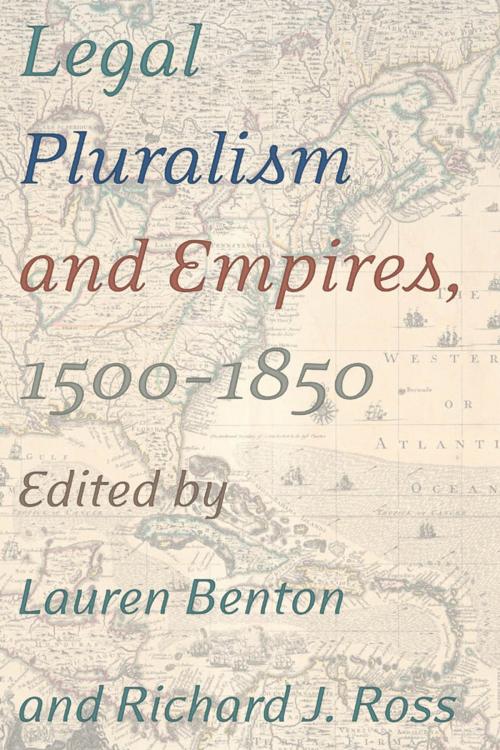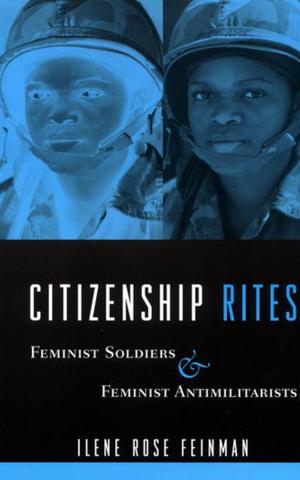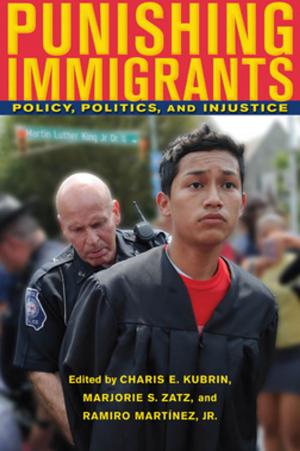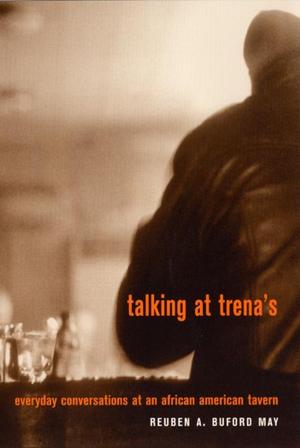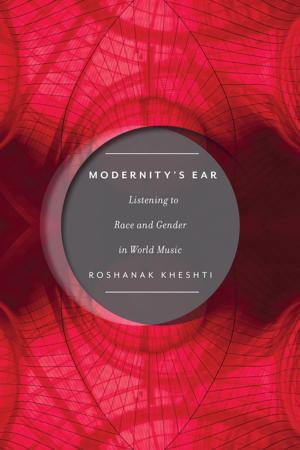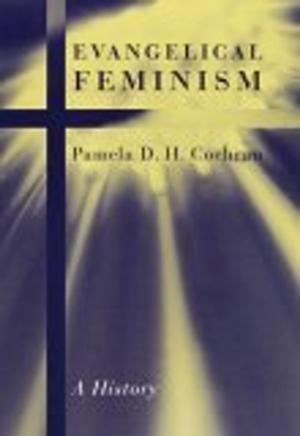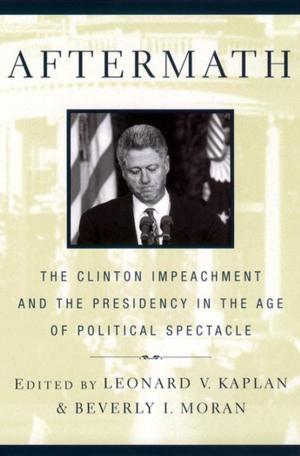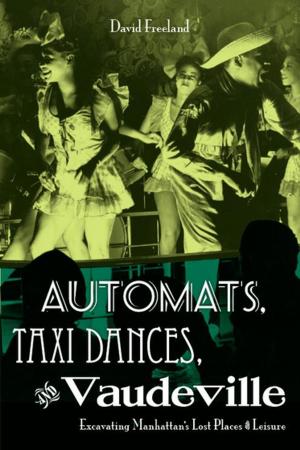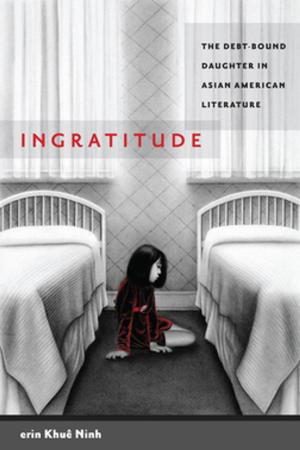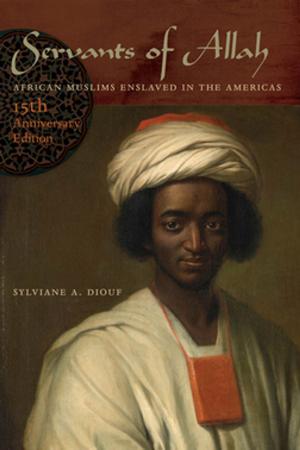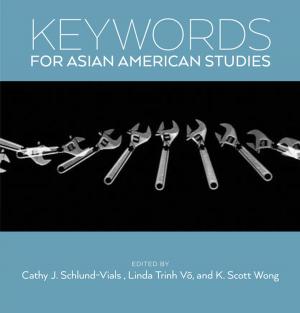| Author: | Richard J. Ross | ISBN: | 9780814708187 |
| Publisher: | NYU Press | Publication: | July 22, 2013 |
| Imprint: | NYU Press | Language: | English |
| Author: | Richard J. Ross |
| ISBN: | 9780814708187 |
| Publisher: | NYU Press |
| Publication: | July 22, 2013 |
| Imprint: | NYU Press |
| Language: | English |
Historians used to imagine empire as an imperial power extending total domination over its colonies. Now, however, they understand empire as a site in which colonies and their constitutions were regulated by legal pluralism: layered and multicentric systems of law, which incorporated or preserved the law of conquered subjects. By placing the study of law in diverse early modern empires under the rubric of legal pluralism, Legal Pluralism and Empires, 1500-1850 offers both legal scholars and historians a much-needed framework for analyzing the complex and fluid legal politics of empires.
Historians used to imagine empire as an imperial power extending total domination over its colonies. Now, however, they understand empire as a site in which colonies and their constitutions were regulated by legal pluralism: layered and multicentric systems of law, which incorporated or preserved the law of conquered subjects. By placing the study of law in diverse early modern empires under the rubric of legal pluralism, Legal Pluralism and Empires, 1500-1850 offers both legal scholars and historians a much-needed framework for analyzing the complex and fluid legal politics of empires.
